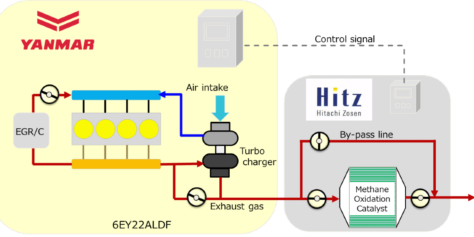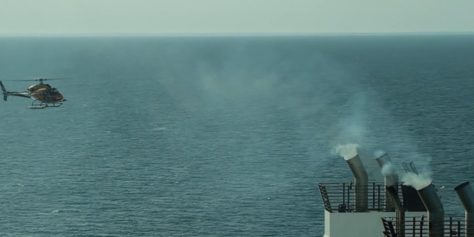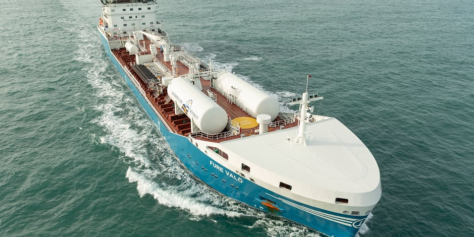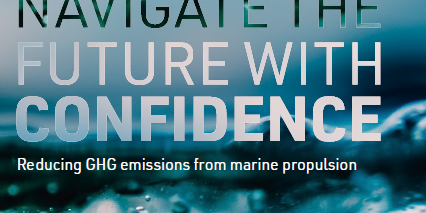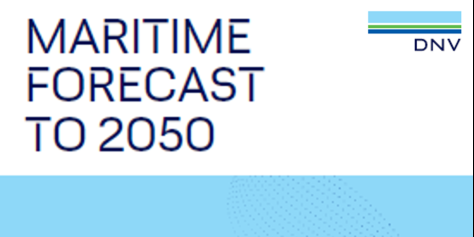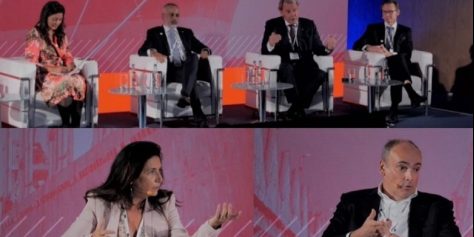A tripartite partnership between Japanese shipping companies has achieved a 93.8% reduction in methane exhaust from a marine gas engine operating at 100% load in onshore tests, paving the way for trials at sea.
A two-year research project to measure real-world methane emissions from LNG-fueled ships in Europe. The project is a collaboration between the International Council on Clean Transport (ICCT), Explicit ApS, a Denmark-based emissions control company, and TNO, an independent Dutch research organization.
Furetank has achieved a 55% reduction in CO2 emissions compared to the previous generation of ships. The goal is to get to zero by running the vessels entirely on renewable liquid biogas, but currently the supply is not sufficient. Now the company offsets the rest of its impact by purchasing certified carbon credits, reaching zero in 2021
The Swiss company WinGD, developer of marine engine technology, has published a new white paper in which it sets out the steps that, in its opinion, will allow deep-sea navigation to be decarbonized in accordance with IMO provisions. The guide is intended to enlighten shipowners about options that can be taken with confidence today to drastically reduce emissions, rather than waiting for the emergence of "miracle" technologies.
24 Nov 2021 DNV published in September 2021 the fifth update of its Maritime Forecast Report 2050 where the decarbonization scenarios of maritime transport are analyzed and ...
The international maritime sector met with an emblematic event: Shaping the Future of Shipping, in Glasgow on Saturday, November 6, coinciding with COP26. The conference addressed key strategic issues on the rapidly evolving path to the decarbonization of shipping, showcasing their efforts to decarbonize and deliver a sustainable and equitable future for the industry.

